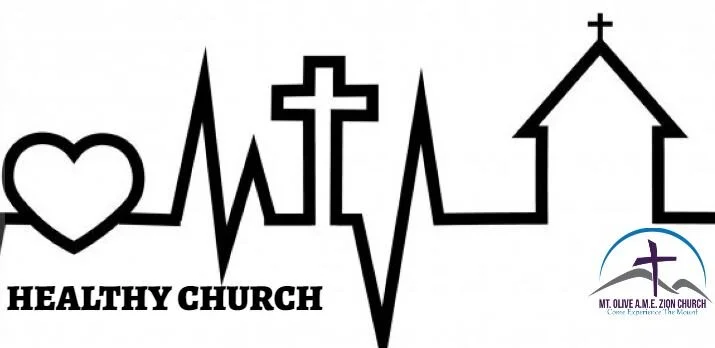If you are aware of anything in this day and time you have heard that the world is being threatened by a pandemic called the Coronavirus and /or Influenza (The Flu). Both are respiratory diseases, both are very
contagious and both could be fatal to the elderly, very young and anyone with a compromised immune system.
The coronavirus is new and new things are being learned on a daily. The Influenza has been around and continues to evolve into a new strain each year. The most important thing that you can do is not to panic and to stay informed. Everyone is urged to avoid dubious sources of information and stick with trusted sources like your Health Departments or the US CDC. One thing that the local health departments are doing is trying to make sure that the best information is being given out to quell fear; but at the same time leaning forward and preparing our communities as things progress.
There is currently no vaccine available for coronavirus; however since this is flu season and the CDC recommends getting a flu vaccine---- it’s not too late.
Remember to also practice other good health habits too, such as managing stress and drinking plenty of fluids. exercise, eat a good diet, and get lots of sleep. WASH YOUR HANDS, and do everything you can to stay healthy.
Being aware and being cautious by taking simple steps to guard yourself and others are both very
important.
Let’s see how we can play a role in addressing these two very contagious diseases. We have learned that
they both are spread in similar methods by air and contact (both direct and indirect) and can live on hard surfaces for greater than 48 hours; so:
First avoid crowded and congested places
Cough and sneeze into tissue and discard immediately is the proper place
Avoid coughing and sneezing into your hands or clothing if at all possible. If you do cough into your arm remember to remove your clothing and launder ASAP to prevent the transfer of germs
Casual kissing and hugging is not recommended, a fist bump, elbow bump, or a simple nod is good at times like these
Avoid sharing your cellphone. If you do share your phone sanitize it before you use it.·
No sharing of your food and drink from your plate, fork, spoon or cup
Avoid publicly shared rails, door knobs, and buttons as much as possible. Use your knuckles or elbows or your back if possible to open doors or press elevator buttons
If you work in a shared work space clean all surfaces before starting to work and when you complete your work
Wipe all surfaces frequently throughout your work day with an antibacterial agent
WASH YOU HANDS AFTER USING THE BATHROOM AND BEFORE AND AFTER EATTING
Practice proper hand washing, not a rinse and a wipe; but 20 full seconds of lathering with soap and scrubbing the fingers, the back of your hands, the palm of your hands and between your fingers.. Water alone will not kill or remove bacteria
Use hand sanitizer after touching any item that is shared. Sanitizer must be at least 60% alcohol
Avoid touching your face (eyes, nose and mouth)
If you are sick stay at home, monitor your temperature, treat your symptoms and consult your MD for instructions and isolate yourself. You should not return to work until your temperature stays below 100.4 degrees Fahrenheit (37.8 degrees Celsius) for 24 hours without the help of medication.
If your child/children are sick keep them at home, monitor their temperature, treat their symptoms and consult their pediatrician. Your child should have a normal temperature of 98.6* to 100 degrees for 24 full hours without the aid of medications before allowing them to return to school or to day care
Always consult with your physician. In most cases of the flu additional medications can be given to lessen the severity; but you must seek medical attention within 48 hours of the onset of symptoms.
Have a GAME PLAN.
If you are able to work from home; then do that.
If you child is sick and out of school have their assignments sent via the internet.
Stay informed. New things are developing daily.
Have a reliable person on standby especially if you live alone.
Stock your first aid kit with:
NNonprescription drugs and other health supplies. It’s always a good idea to already have on hand pain
relievers, stomach remedies, cough and cold medicines, fluids with electrolytes, and vitamins.
Stock your pantry with:
Soups, Juices, Gatorade, etc.……
If you take prescription drugs have an ample supply so that you don’t run out of your medication. Call the pharmacy and have some delivered.
In the event you are required to go to your doctor tell them in advance of your arrival that you are
ill; so that you don’t contaminate the entire waiting area.
God bless us all!
Sources- Dr. Nancy Messonnier, director of the CDC’s National Center for Immunization and
Respiratory Diseases. Health Department, CDC, Dr. Nirav Shah , director of the Maine Center for Disease
Control and Prevention.



